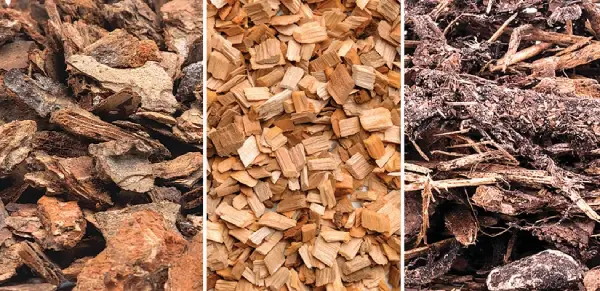
Last Updated May 22, 2023
Mulch is an essential component of any healthy landscape or garden, used to retain moisture, reduce or eliminate weed growth, maintain soil temperature, and more. Whether you are considering adding mulch to your garden for the first time or as part of your annual routine, your success is dependent on choosing the right mulch based on a number of important factors. Read on to learn all you need to know about the different types of mulch that are available, and how to ensure you pick the right one for your unique needs and environment.
Table of Contents:
What is Mulch?
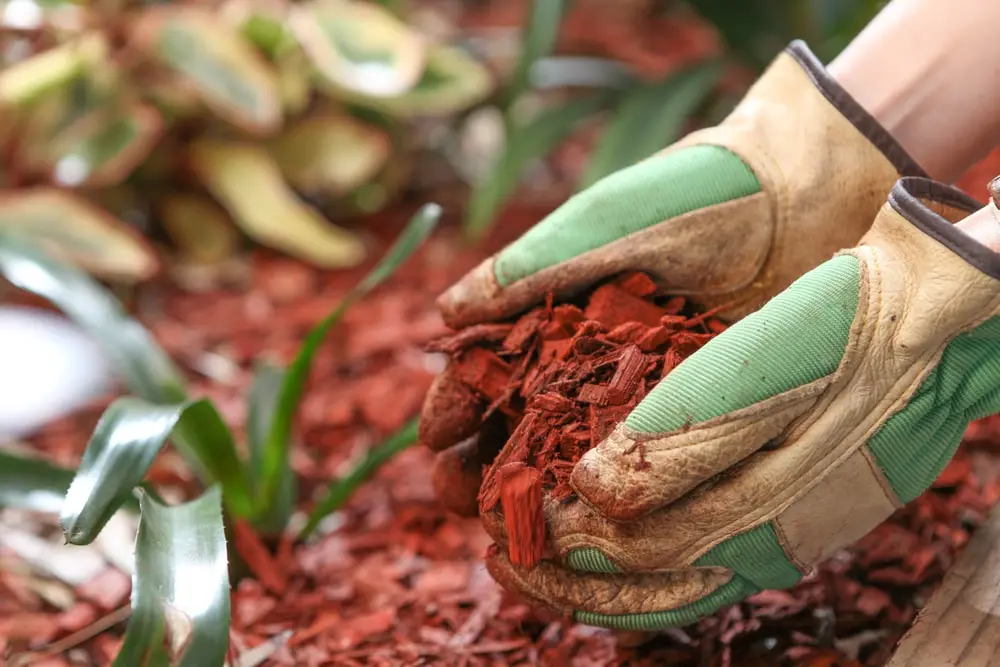
The process of mulching has been used for thousands of years to protect and preserve gardens, flower beds, and landscapes. Loosely defined, mulch is any type of material that is placed on top of the soil to enrich and insulate it, control weeds, and provide an attractive base for plants. Different types of mulch provide different benefits and when it is chosen and applied correctly it can help to reduce the amount of time you spend watering, feeding, weeding, and maintaining your landscape.
Types of Mulch
Mulch can be separated into two main categories - organic and inorganic mulch.
Organic Mulch
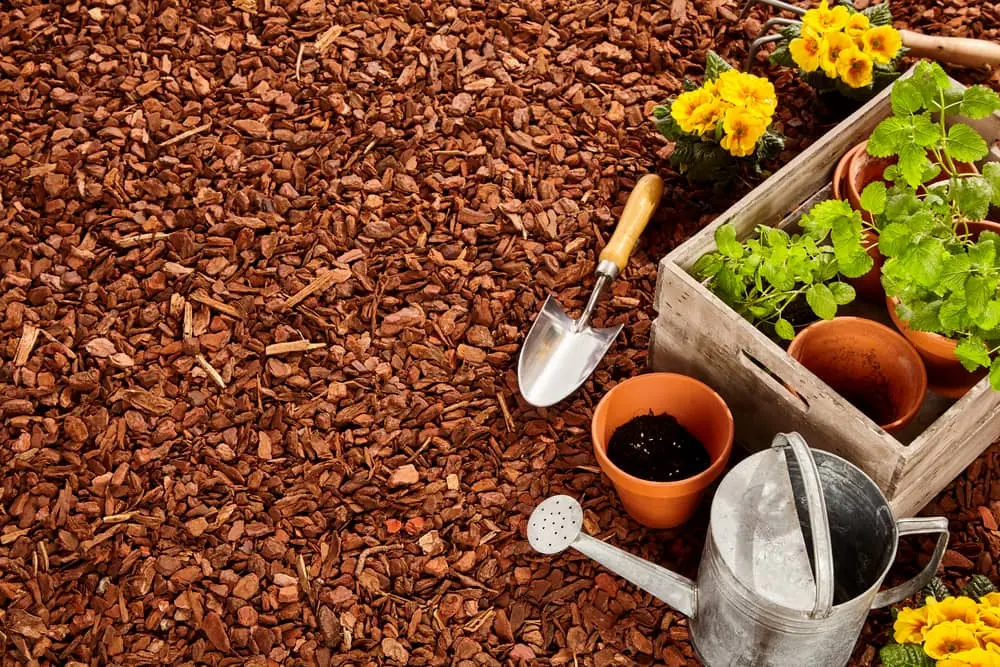
This type of mulch is made from materials that will decompose over time and will need to be replenished on a regular basis. As they breakdown, they can enhance the fertility, aeration, and drainage of the soil and are a favorite among most gardeners.
Inorganic Mulch
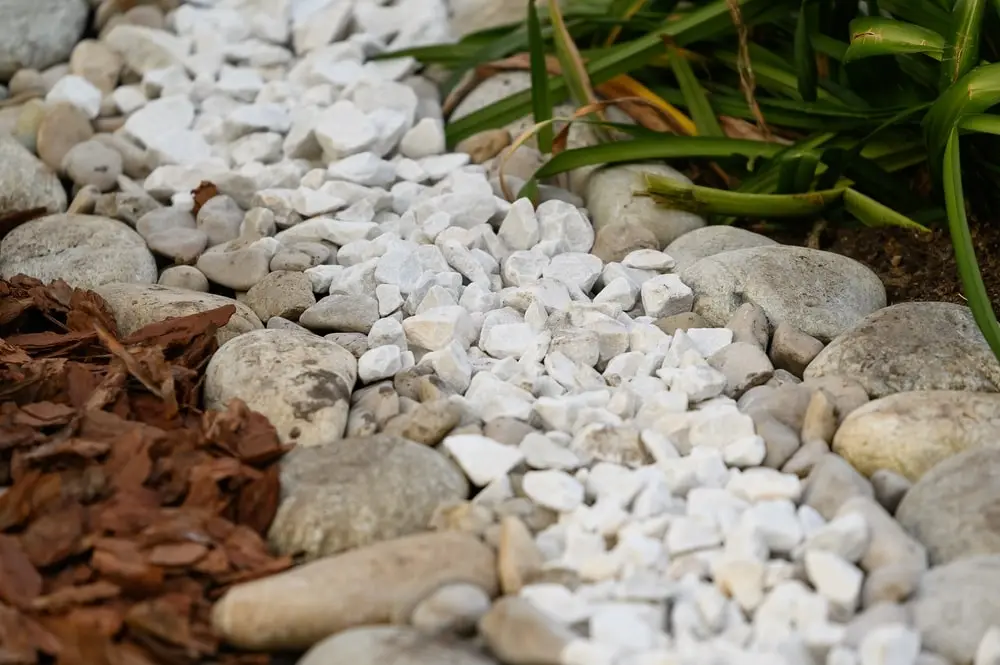
These mulches do not readily decompose, nor do they contribute to the quality of the soil. While they are most often used to control weeds, inorganic mulches such as gravel can also add a decorative element to your landscape and can help to warm the soil for early planting as they tend to retain heat.
Mulch Types, Advantages, and Disadvantages
The Grounds Guys offers some expert tips on mulch type and performance, in our blog, “What Does Mulch Do?”
Covered in that article are a variety of natural products, as well as repurposed, manmade items that can benefit your garden.
Different Uses for Mulch
The purpose of mulch is to protect your plants’ roots, to prevent soil erosion, support water retention, repel plant-eating insects, protect plants during temperatures extremes.
Different types of mulch are optimal for various situations:
Flower Beds
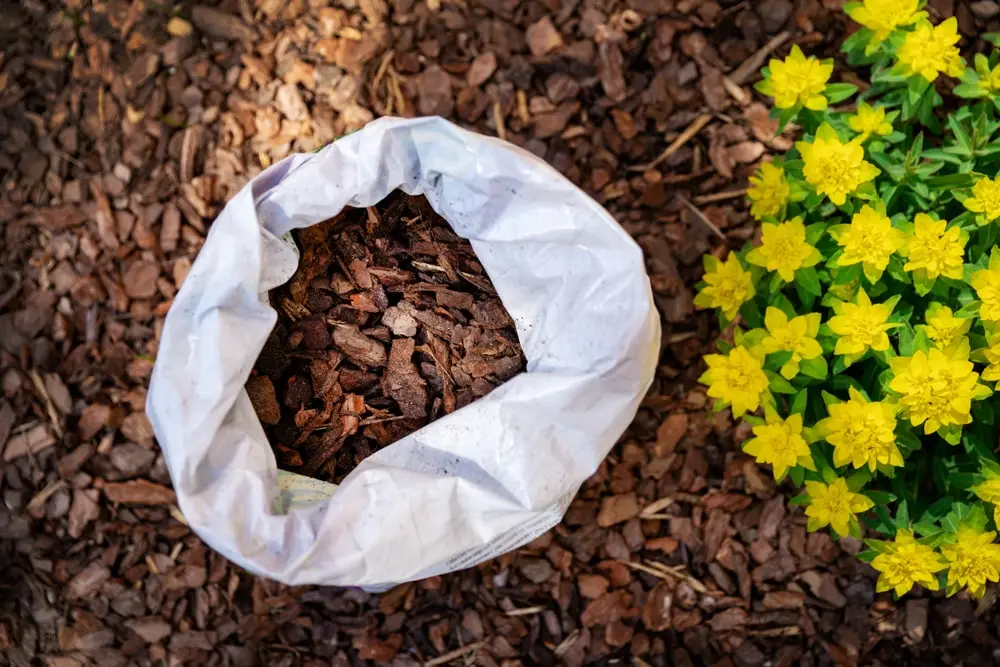
The best types of mulch to consider for your flower beds are bark or stones. These materials are aesthetically pleasing, and therefore compliment your curb appeal as your build out the flower beds.
Vegetable Gardens
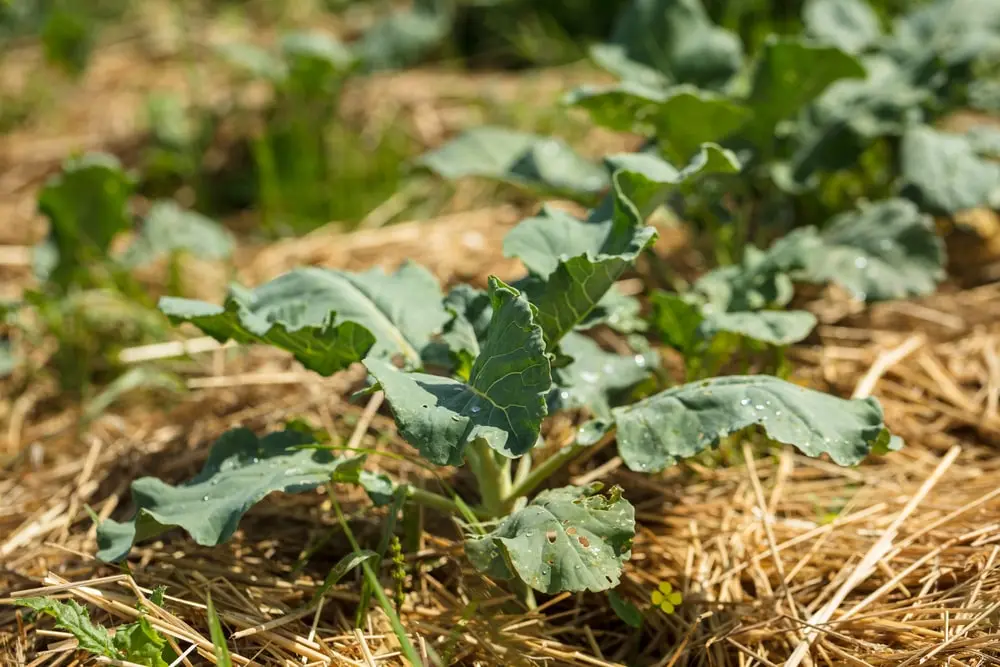
Whether DIYing your own tomato crops this year or looking to lend a hand in the community garden for your neighborhood, it’s good to know how to maximize your potential yield. By choosing compost to add extra nutrients to your soil, you will see healthier crops, as well as feel good about repurposing scraps from your home.
Lawns
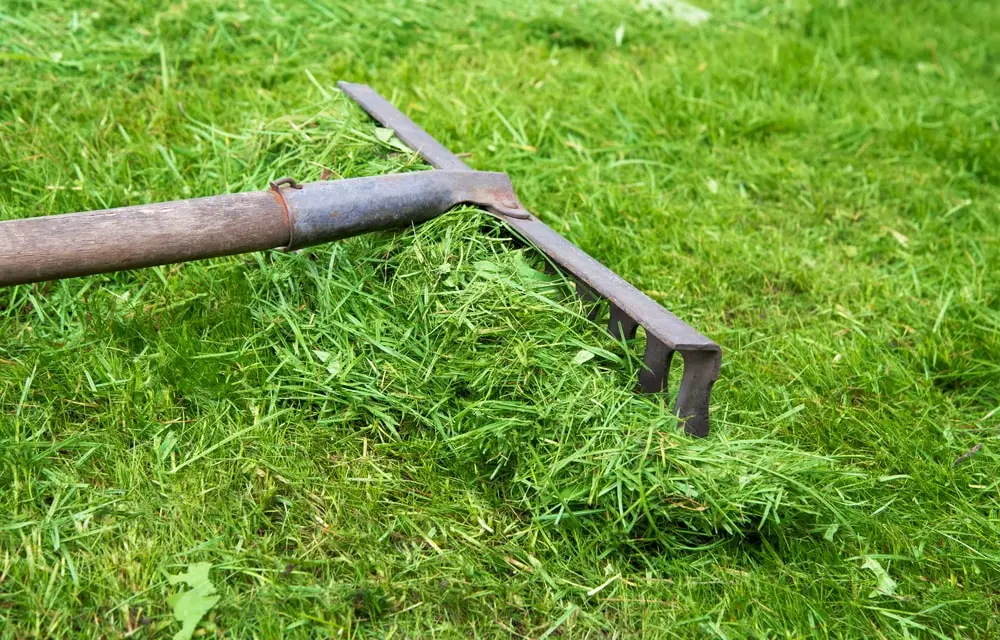
Did you know that your lawn itself can benefit from mulch? Specifically, you can use the grass clippings from yard after mowing to help put nutrients back into your lawn. Be aware, these should be used sparingly. Also, this should not be done if your clippings contain a high population of weeds, as you may spread those weeds back into your lawn.
Walkways
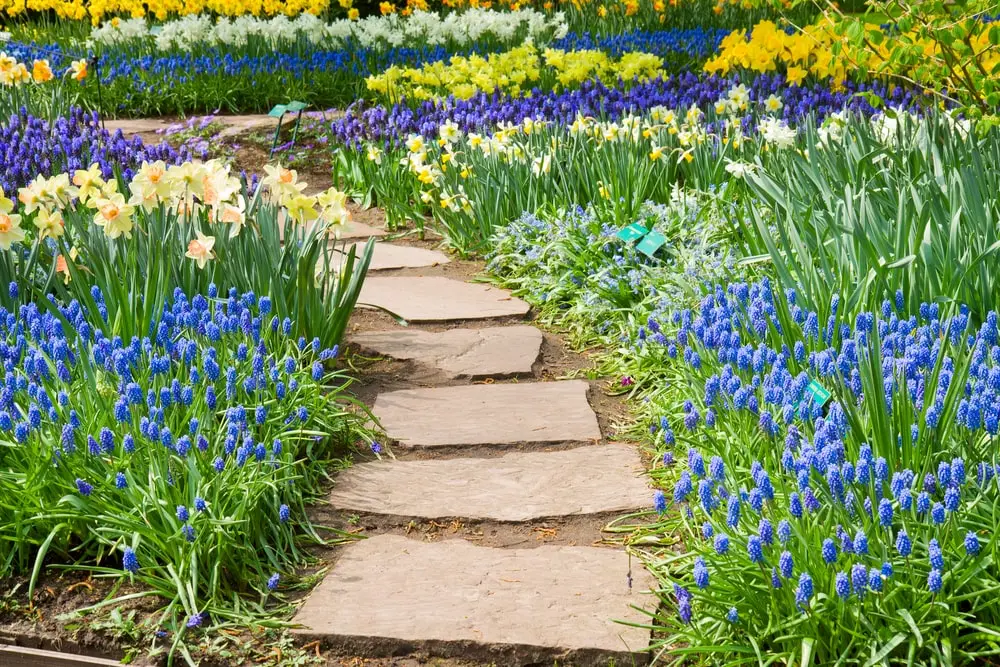
Pine needles, straw and leaves offer a great option for mulch in areas around walkways, because they are flatter, not sharp and do not transfer to the bottom of shoes as easily as other materials, such as compost. Some benefits of pine include creating a more acidic environment, which is ideal for certain types of plants. Straw can actually reflect some sunlight, helping to control temperature around the area its placed. Leaves are a readily available, and therefore, cost-effective options. While leaves can pose concerns of restricting water and air flow in beds, this is not a concern when designing walkways.
Professional Mulch Services from The Grounds Guys
Consult the professionals at The Grounds Guys® for expert advice on the type of mulch that will help you achieve the look and results that you desire.